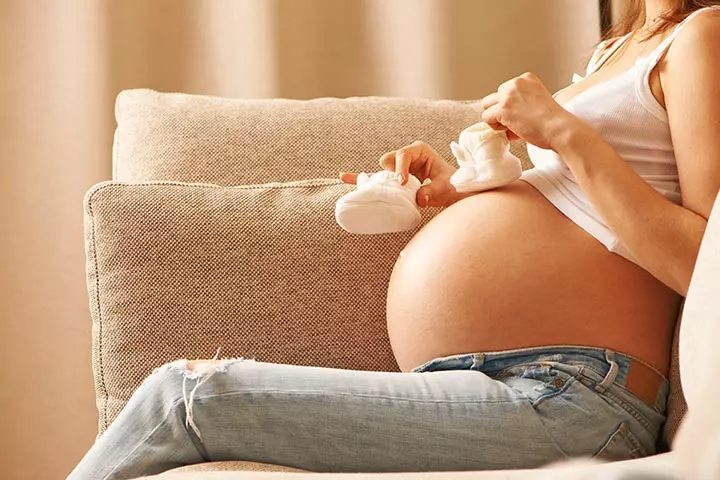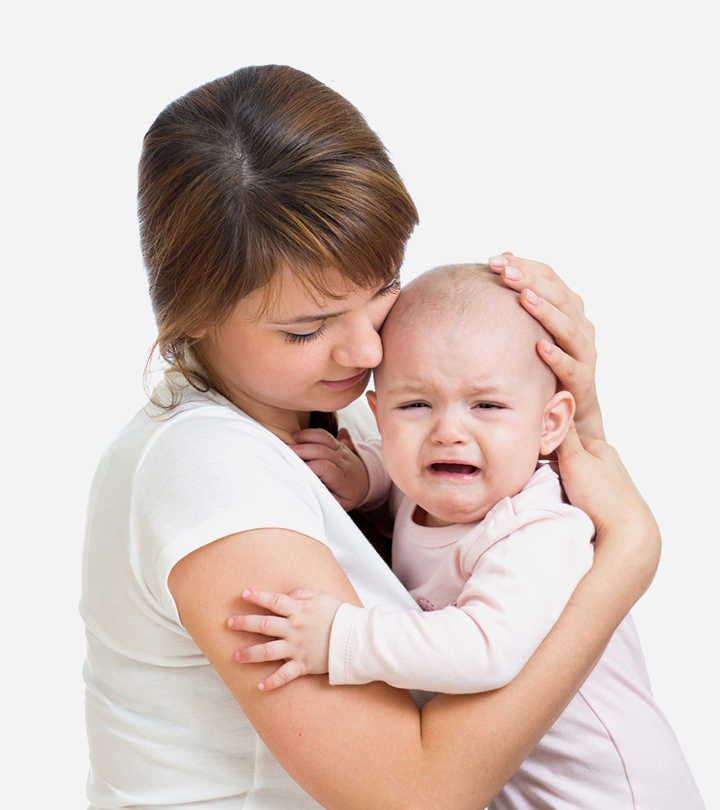
Image: Shutterstock
What are celeb moms eating these days to steer away from post-pregnancy depression? No, it is not fruits and veggies. Here, we are talking about ‘placenta’. Recently, there has been news about celeb moms vouching for the pros of consuming their own placenta. They talk about how eating placenta can provide relief from postpartum depression and pain, replenish the iron that is lost during labor and delivery, and enhance the production of milk. But, we are all aware that consuming placenta is not a traditional practice. And, there is no substantial research to support the benefits of placenta so far either.
But then, why do these celeb moms treat the powdered, dried, and encapsulated placenta like a wonder pill? Why do they vouch for its benefits with respect to postpartum depression and regulation of post-pregnancy hormones? Apparently, it helps improve their mood and makes them more energetic.
A cushion-like organ, placenta, develops inside the uterus of a pregnant woman; it helps supply oxygen and nutrients to the fetus. And, it also helps discard the waste matter that the fetus produces. In most cultures, the placenta is discarded soon after it is removed during childbirth (1).
Among Humans, Consuming The Placenta Is Not A Conventional Practice
Placentophagy, which refers to the consumption of placenta, has become a huge trend among celebs. But, unlike the popular belief, it wasn’t a traditional practice across most cultures. Animals are known to consume their placenta for the nutritional benefits it provides to the mother. And, it also prevents the predator from detecting the location of their offspring. But, it is not considered natural for humans to adopt the same practice (2).
An online survey was conducted to gauge how popular this practice has become, which involved a population with approximately 20 percent men and 80 percent women. As per the results shared, around 66 percent of the population had only heard about this practice. And, 3.3 percent of the participants had actually consumed the placenta. The study indicated how placentophagy was a rare practice among the general population (3).
But having said this, people have popularized this practice so much so that it is not really tough to get the encapsulated placenta for consumption.
People Say That There Are Advantages Of Eating Your Placenta
Most of the evidence regarding the benefits of placentophagy is anecdotal. And, there is not much scientific proof for the same. The placenta can be consumed in a variety of ways – some people take it in the form of pills, others cook it, and then there are some who even eat it in the raw form (4). People who support placentophagy state the following as its benefits:
- Replenishment of iron that is lost during the childbirth, since the placenta is known to be rich in iron.
- It is said to have a pain-relieving effect, thus, helps with the pain after delivery.
- It can supposedly stimulate the production of milk.
- It is known to have positive effects on postpartum depression.
However, the scientific studies that have been conducted to understand the benefits of eating placenta have shown inconclusive results (5). In fact, there are many who believe that there are certain risks associated with this practice. There is a possibility of catching an infection due to contamination. After all, the placenta is not different from any other meat. So, if it is not stored properly, it can get spoiled.
Also, placenta’s primary function is to keep all the toxic materials away from the little one. So, imagine the number of toxic matters that might lurk around in the placenta. The chances of the placenta being contaminated is not a distant possibility. So, it is important to maintain precautions. In addition, it is essential to make sure that you don’t end up consuming someone else’s placenta as it might lead to the spread of infections such as hepatitis and HIV.
If you ever decide to eat your own placenta, just weigh all the associated pros and cons and make an informed choice. Good luck!














